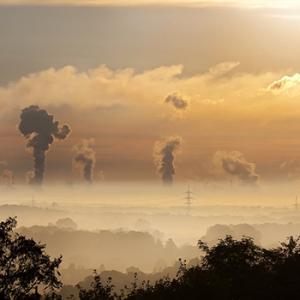Environmental Science

Environmental Science combines courses in biology, chemistry, and geology to provide students with an understanding of how people interact with and affect the environment. Most students who earn a bachelor’s degree in Environmental Science work for government agencies or companies that provide scientific consulting services. They may conduct scientific research to identify and control sources of pollution, clean up contaminated areas, make policy recommendations, or work with industry to reduce pollution and waste.
Environmental Science, which is for scientists, should not be confused with Environmental Studies, which is for non-scientists. Unfortunately, there is confusion about the titles of the two programs at some four-year colleges and universities. Students need to carefully consider which program they wish to pursue and to which four-year college or university they plan to transfer, because degree requirements are highly variable.
Students planning to transfer to a four-year college or university in Washington state to earn a bachelor’s degree in Environmental Science should earn an Associate in Science [Track1] degree at GHC. During their time at GHC, students should contact the college or university to which they plan to transfer as early as possible, because degree requirements vary and sometimes change. An academic advisor will help each student select GHC courses that will meet degree requirements at GHC and at transfer institutions.